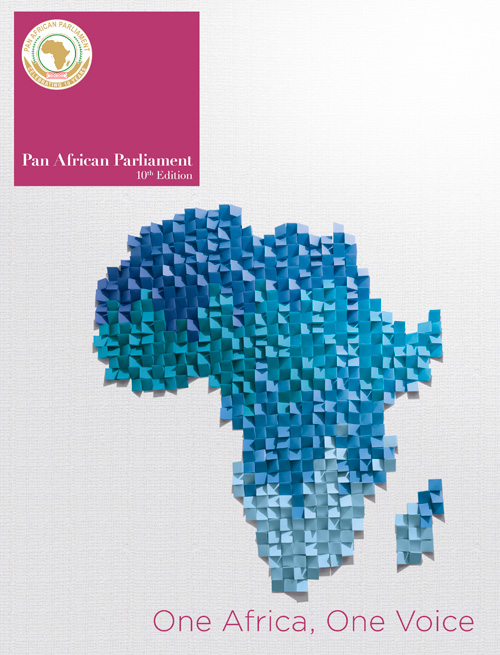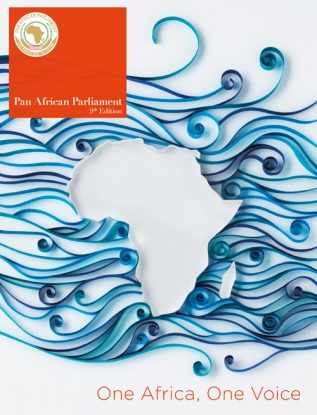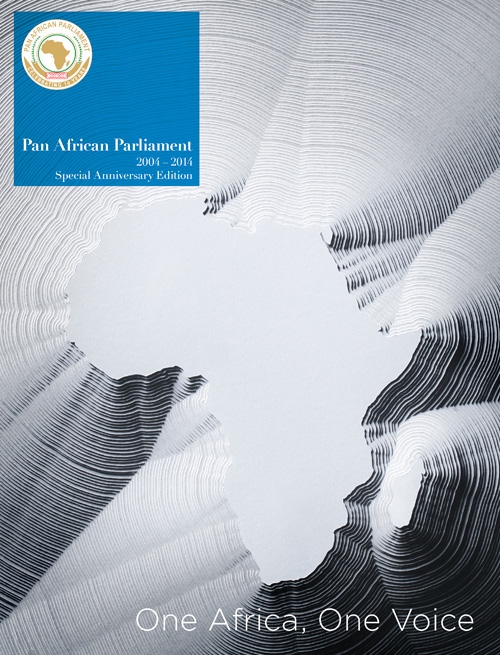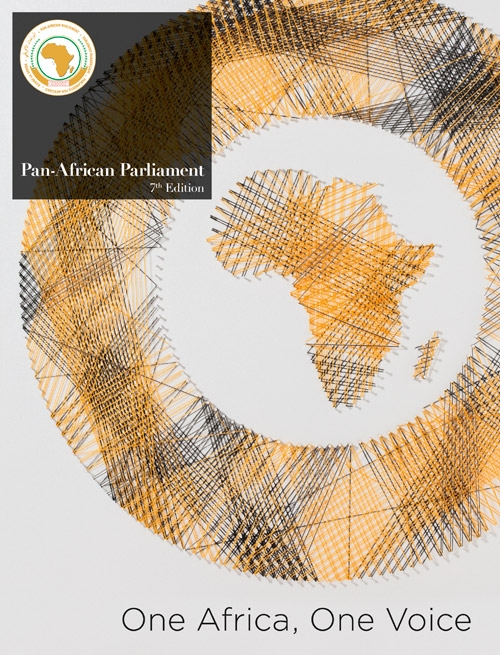
2009–2010 SESSION
The Committee on Education, Culture, Tourism and Human Resources met five times for their statutory sittings between October 2009 and October 2010. On 5 October 2010 the Committee, in collaboration with members of the Bureau and Secretariat, devoted the day to celebrating the 50th anniversary of independence of 17 African states.
During the statutory sittings the Committee provided focus to its members’ contributions by creating two sub-committees; one for education and human resources, the other for tourism and culture.
Members could register to the sub-committee most relevant to their experience.
The Committee also welcomed two new members: the Hon Hyacinta P Chikaonda (Malawi) and Steven Obeegado (Mauritius).
To commemorate the independence of these 17 African states, the Committee originally compiled an ambitious plan of celebrations. Budget restraints meant that the event, on 5 October 2010, was marked with a ceremony attended by Ali Hassan Mwinyi, the former President of Tanzania, and Paul Mashatile, South Africa’s Minister of Arts and Culture, with an exhibition in the foyer of the chamber and a performance by local and African artists.
The Committee also heard a presentation by Professor Sozinho Francisco Matsihne, Executive Secretary of the African Academy of Languages (ACALAN).
The professor highlighted the major issues related to the use of cross-border African languages, focusing on the status of the promotion of these languages, how ACALAN works to advocate national policies and the possibility of collaboration between the PAP and the organisation.
The Committee summed up issues and difficulties faced during the sittings and discussions over the year – internally and in the execution of its programmes – as such:
- Budget restrictions meant that not all the planned activities were carried out.
- A lack of communication existed between Committee Members, while there was an absence of follow-ups on activities and Committee decisions as well as the unavailability of data to Members.
- PAP’s Secretariat was disorganised when planning the Committee’s activities.
- Member attendance was an issue: there were unexplained absences and departures because Committee activities became stagnant.
The Committee recommended the recruitment of a permanent Committee Clerk to follow-up and direct its activities. It also suggested increasing its budget and giving Members real-time access to all education, culture, tourism and human resources documentation and data in Africa. Finally, it suggested regular interaction between the Committee and AU organs in charge of issues related to education, culture, tourism and human resources.
2011 SESSION
During 2011, the Committee on Education, Culture, Tourism and Human Resources had four sittings, which entailed various discussions.
The Education for All Global Monitoring Report was presented on 28 July 2011. The results stated that economic growth was being impeded by the inability to reduce inequalities in the access to education.
Despite the progress made in attaining the Education for All objectives by 2015, barely 17% of African children were benefiting from pre-school education. Currently 75% of African children receive primary education and 43% of school dropouts worldwide are found in sub-Saharan Africa – this means that there are 74 million out-of-school adolescents. The report concluded that armed conflicts in Africa were hindering the realisation of the Dakar commitments.

On 29 July 2011, the Committee heard from Francis Ng’ambi, an education policy research analyst from Malawi, who detailed the poor education provided to Malawians. Not only was the country’s education budget cut, but there were few teachers and education planning policies not suited to the country’s needs.
One of the Committee’s annual tasks was to create a 2012 action plan. The planned activities included:
- Inviting a key figure from the education or culture sector to speak to the PAP about Africa’s challenges.
- Involving Committee Members in the Triennale of the Association for the Development of Education in Africa (ADEA), in February 2012 in Burkina Faso.
- Organising the first Pan African Exhibition on Intra-African Tourism.
- Commemorating Africa Day with a cultural week from 21–28 May 2012.
The Committee organised a symposium on education systems in conflict and post-conflict countries. The one-day event in September 2011 focused on the influence that conflict has on education, and provided recommendations including: synergy between UNESCO-BREDA, ADEA and the education division of the AU Commission to positively influence the policies of countries in conflict or post-conflict situations; to encourage parliamentary resources to make education a force for peace; to ensure that teachers are trained to adapt to the needs of conflict-traumatised children, and pay attention to the vulnerable, as conflict changes their infrastructure needs.
In 2010, two sub-committees were created to improve the focus of Members’ time and skills. The Committees were reinstated in 2011. On 28 July and 11 October the Education and Development of Human Resources sub-committee met to:
- Consider the preparation of a mission to the AU.
- Establish a formal relationship with the ADEA.
- Investigate a partnership with UNESCO and the Forum of African Parliamentarians for Education.
The Culture and Tourism sub-committee met on 28 July 2011 to focus on the follow-up to the 2010 Kenyan mission.
During 2011, the Committee faced very similar problems to 2010 – a lack of budget, poor member participation and irregular communication with the AU Commission. Members felt that insufficient time was allocated to effectively conduct their work.







